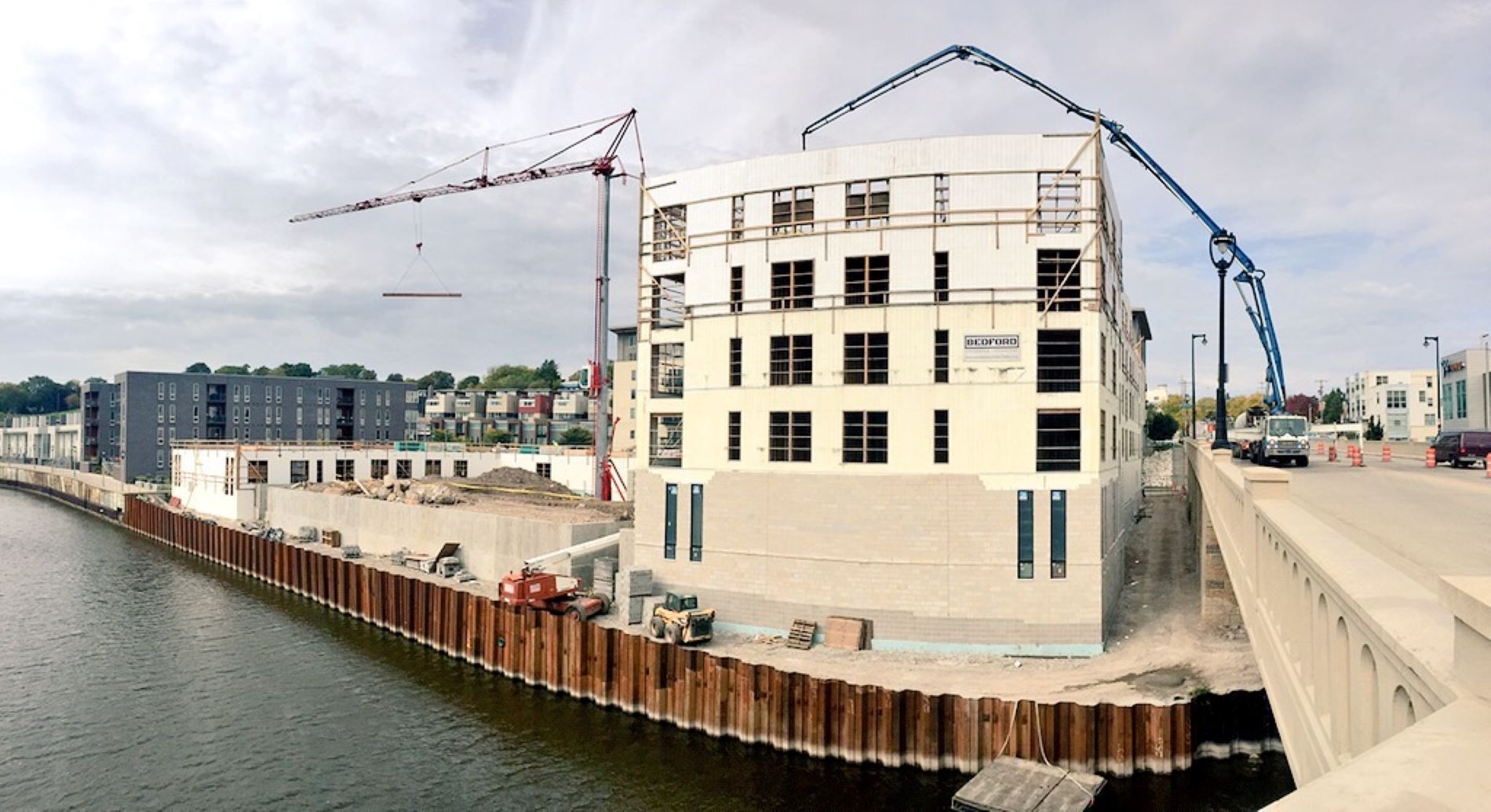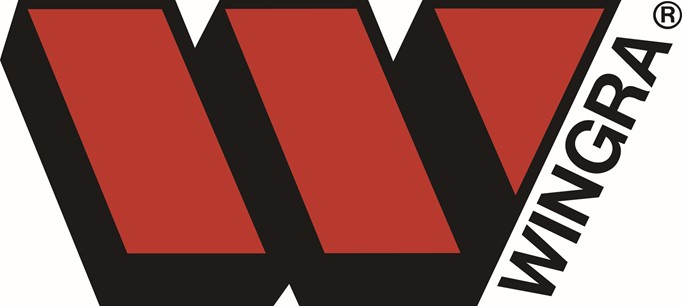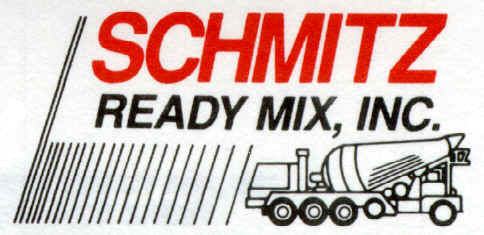ICF buildings are much more energy efficient than ones built with wood or steel, yet they cost only slightly more. Among the many benefits of building with ICFs are tax incentives. And concrete buildings are quieter, safer, lower-maintenance, and provide the same flexibility as other building materials.
What makes ICF buildings so energy-efficient?
Energy savings and comfort are built into every ICF system. ICFs start with a high it-Value. Four inches of ASTM C 578 polystyrene foam insulation, combined with a five-inch concrete wall a typical ICF system - are rated above R-17 at 75* mean test temperature.
But that's not all! Air infiltration in an ICF structure is minimal due to the continuous air barriers provided by the foam insulation and the concrete. Likewise, there are no convection currents within wall cavities. The concrete walls of an ICF building have high thermal mass, which buffers the interior from the extremes of outdoor temperature during every 24-hour cycle. This reduces both peak and total heating and cooling loads.
This combination of high R-values, low air infiltration, and high thermal mass is believed to account for the amazing 25% to 50% energy savings of ICF versus wood or steel-framed structures. Equivalent wood-frame thermal performance would require 2 x 12 construction with super-insulated wall cavities.
How much does an ICF building cost?
The many benefits of a structure built with insulating concrete forms (ICFs) are available for only slightly more than the cost of other building materials. ICFs are simple to assemble, and they consolidate several construction steps into one. On average, ICF buildings cost about two to five percent more.

What other advantages do ICF buildings provide?
Sustainability
ICF buildings reduce the use of wood and steel, optimize energy performance, and build durable, easy-to-maintain structures. The concrete used to fill the form cavities uses recycled materials, is manufactured locally, will not burn or rot and contains negligible levels of VOCs. The easiest and most economical way to achieve LEED Certification for residential and light commercial projects is to build them with ICFs.
Quiet
Owners of an ICF building almost always remark on how unbelievably quiet it is. They expect the new-found comfort and energy efficiency, but the peace and quiet - the protection from outside noise - never fails to surprise and delight them.
Safe
The high-mass walls of an ICF building not only give it a remarkably solid feel, but they also make it safer for those inside resulting in a resilient and secure investment. Concrete buildings have a proven track record of withstanding the ravages of hurricanes, tornadoes, and fires, when all the stick-built structures around them are in ruins. In fire wall tests, ICFs stood exposure to intense flame without structural failure longer than did common frame walls. The polystyrene foam used in most ICF forms is treated so it will not support combustion. Also, tests show that its tendency to transmit an outside flame source is less than that of most wood products. Many insurance carriers are now offering a discount on an owner's policy for a building made from ICFs.
Low Maintenance
The equation is simple. No Rot = Less Repair and Maintenance. Neither polystyrene nor concrete will ever rot or rust. Concrete can even be exposed to the elements for centuries with few ill effects. Reinforcing steel, buried deep inside, and protected by concrete's alkalinity, does not corrode.
Flexibility
ICF buildings can be designed in any style and will accept any traditional exterior finish including vinyl or wood siding, stucco, and brick. Because custom angles and curves are easily created, it's simple to build in bows, bays, and radiuses. And ICF systems accommodate any of today's most popular design features, such as tall walls, large openings, long floor spans, and cathedral ceilings.
These inherent benefits of ICF Construction Technology are the final market driver. ICF buildings are strong, safe, quiet, comfortable, secure, easy-to-maintain, highly energy-efficient, demonstrably environmentally friendly, and affordably cost-effective. Learn more about building with concrete here.




